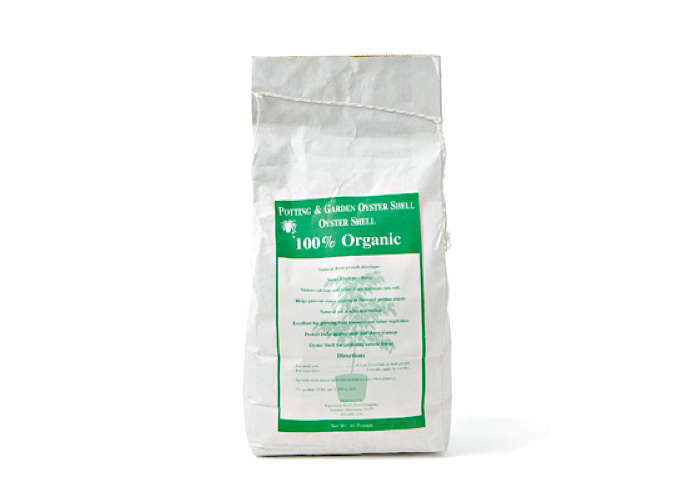You don’t need us to tell you that the very best thing to do in May is to pull a comfortable chair into the garden and settle into it. But after you sit there for awhile, you may want to get more involved in your garden’s life. Here are 10 ideas for things to do this month to get to know your garden better and, who knows, the two of you may end up in a serious relationship.
Sprinkle eggshells.

You can use crushed eggshells to fertilize plants, deter pests (deer dislike the smell of albumen), and to feed birds. Start saving your shells and for easy step-by-step instructions, see Gardening 101: How to Use Eggshells in the Garden.
Clean planters and pots.

For everything you need to know about how to repair and clean pots like a pro—including how to use best brushes, cleaners, caulks, and oil—see To-Do: Rehab Time for Garden Pots.
Plant a container garden.

Top tips for designing flower pots and container gardens? Restrict the color palette and create color zones. See more in Container Gardening: Sarah Raven’s 7 Tips for Perfect Flower Pots.
Test your soil.

If you have a city garden where tests reveal that soil lead levels are high, don’t panic. “I learned that raising the soil’s pH would make lead unavailable to plants, and that the danger with lead is actually from inhaled or ingested dust, not from what if any is absorbed by plants,” writes Marie. See more in Rehab Diary: A Year in the Life of a Brooklyn Garden.
See more ideas to improve your soil at Dirty Secrets: 10 Ways to Improve Garden Soil.
Raise soil pH.

Pick peonies.

Depending on your USDA growing zone, your peonies will bloom from April to June. To prolong vase life, pick the buds before they open, give stems an angle cut, and strip off leaves that will be below the water line in a vase. For more tips, see How to Make a Vase of Cut Flowers Last a Week.
Did you know there are four types of peonies: woodland, herbaceous, intersectional, and tree? Prepare for peony planting season (autumn) now by preordering your favorites for fall shipment. For tips to choose the best peonies for your garden, see Peonies 101: A Field Guide to Planting, Care & Design.
See more at Gardening 101: Tree Peonies.
Compost, compost, compost.

Will this year’s compost pile be your first? “Experienced gardeners eulogize their self-made garden compost, but the methods and systems they use to create it can seem perplexing. Yet once you have a system in place, you will have a never-ending (and free) nutrient-rich compost to use on your garden—and the added benefit of being able to recycle much of your household waste,” writes Clare.
Which compost system is right for you (and how do you get started)? See Hardscaping 101: Composting Systems.
For more ideas, see:
- Composting: Are You Obsessed?
- 10 Easy Pieces: Wooden Compost Bins
- DIY: Grow an Indoor Compost Garden
Disguise faded foliage.

When the early spring flowers fade, hide the yellowing foliage with the next wave of blooms, from fritillaries (as shown above) to a succession of summer flowers. See more planting, care, and design tips for our favorites in our guides to Perennials 101 and Annuals 101, including Cosmos, Sunflowers, and Zinnias.
Give houseplants fresh air.

Are some of your more fickle houseplants worse for wear after a winter spent indoors? Resuscitate them with tips on 7 Secrets: How to Save a Dying Fiddle-Leaf Fig Tree and more help from our curated guides to Houseplants 101.
Repair drip irrigation.

Check your drip irrigation system for “leaks, accidental breaks (leading to Las Vegas–worthy geysers), and random acts of sabotage (you know what I mean if you have an avid chewing-type dog),” writes Kier. See her tips to assemble a Drip Irrigation Emergency Repair Kit.
Are you designing a drip irrigation system for a garden? See Hardscaping 101: Drip Irrigation.
For more planter and pot care tips, see:
- Ask the Expert: An Insider’s Guide to Vintage Planters from Stephen Block of LA’s Inner Gardens
- 9 Secrets to Growing Succulents Indoors
- Houseplants: A Field Guide to Planting, Care & Design
- 10 Best Garden Design Trends for 2018













Have a Question or Comment About This Post?
Join the conversation (0)